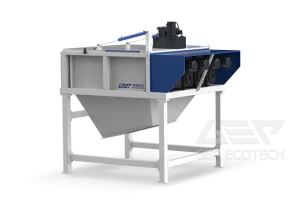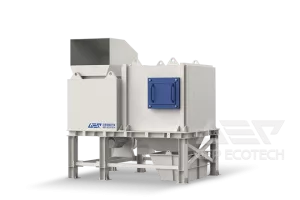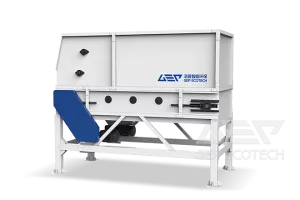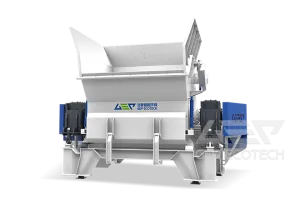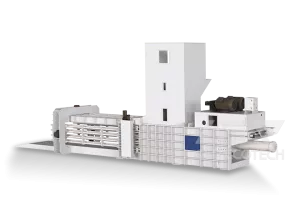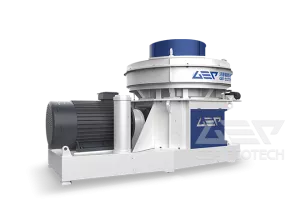As the world continues to grapple with the challenges of waste management and environmental sustainability, innovative solutions are emerging to repurpose discarded materials for the benefit of various industries. One such groundbreaking approach involves shredding clothing to serve as an alternative fuel source for cement plants.
The Challenge of Clothing Waste
The fashion industry is notorious for producing a significant amount of textile waste, with discarded clothing contributing to overflowing landfills. Conventional disposal methods often involve incineration or burial, posing environmental threats and wasting valuable resources. Shredding clothing provides an inventive way to tackle this issue by transforming fashion waste into a valuable energy resource.
Shredding Process
The process begins with the collection of discarded clothing items that may include damaged or unsold garments, end-of-season inventory, or surplus textiles. These textiles are then fed into specialized shredding machines designed to break down the materials into smaller, manageable pieces. The resulting shredded clothing, often resembling textile fibers or fabric confetti, is then processed further for use as an alternative fuel.
Utilizing Shredded Clothing in Cement Plants
Cement production is known for its high energy demand and reliance on traditional fuel sources. Integrating shredded clothing as an alternative fuel in cement plants offers a sustainable solution with several key advantages:
- Reduced Environmental Impact: Shredded clothing, when used as fuel, can contribute to a significant reduction in carbon emissions compared to traditional fossil fuels. This aligns with the global push towards greener and more sustainable industrial practices.
- Waste Diversion: By repurposing discarded clothing, this approach addresses the growing textile waste problem, diverting materials from landfills and reducing the environmental footprint associated with textile disposal.
- Energy Efficiency: Shredded clothing, with its high calorific value, can provide an efficient energy source for cement kilns. Its combustion characteristics make it a viable option for supplementing or replacing traditional fuels in the production process.
Challenges and Considerations
While the concept of using shredded clothing as an alternative fuel is promising, there are challenges to be addressed. These may include the need for specialized equipment, ensuring consistent fuel quality, and addressing any potential emissions or residues from the combustion process.
Optimal Clothing Shredding Machine for Alternative Fuel Production
The ideal clothing shredding machine for alternative fuel production should exhibit versatility in handling various textiles, possess a high throughput capacity for efficient processing, ensure precision in shredding for uniform particle sizes, boast durability, incorporate essential safety features, allow easy maintenance and cleaning, prioritize energy efficiency, seamlessly integrate with downstream processes, and address environmental considerations such as noise reduction and emissions control. By embodying these characteristics, such a machine can contribute to the sustainable and efficient transformation of discarded clothing into alternative fuel for industries like cement plants. Our GDI dual-shaft shredder is such a device. Please take a look at the application of this device in the project of shredding clothes to produce alternative fuels.
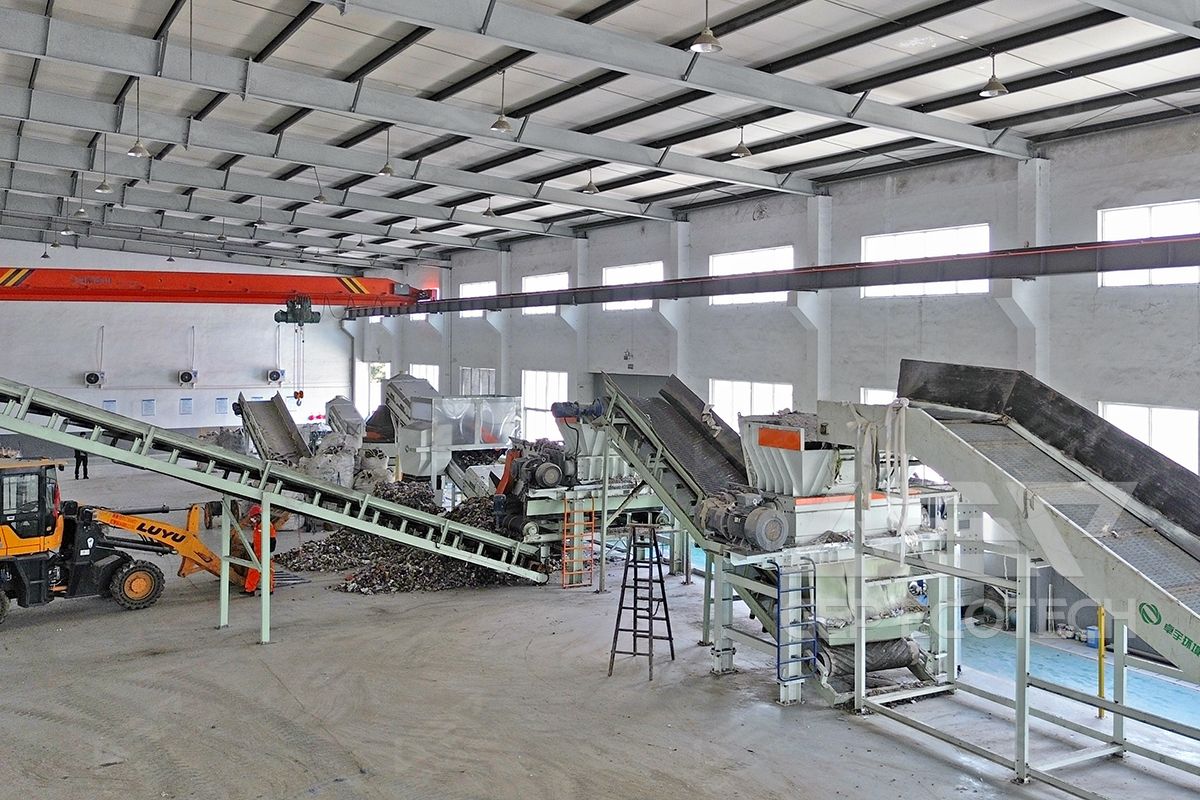
In the quest for more sustainable industrial practices, the innovative use of shredded clothing as an alternative fuel for cement plants represents a step towards circular economies and resource efficiency. By reimagining the destiny of discarded textiles, this approach not only tackles the textile waste problem but also contributes to a cleaner and more environmentally conscious future for the cement industry.
As a professional manufacturer of solid waste recycling equipment, GEP has participated in clothing-based alternative fuel projects in many countries. Welcome to contact GEP to inquire about more issues about alternative fuel production.


